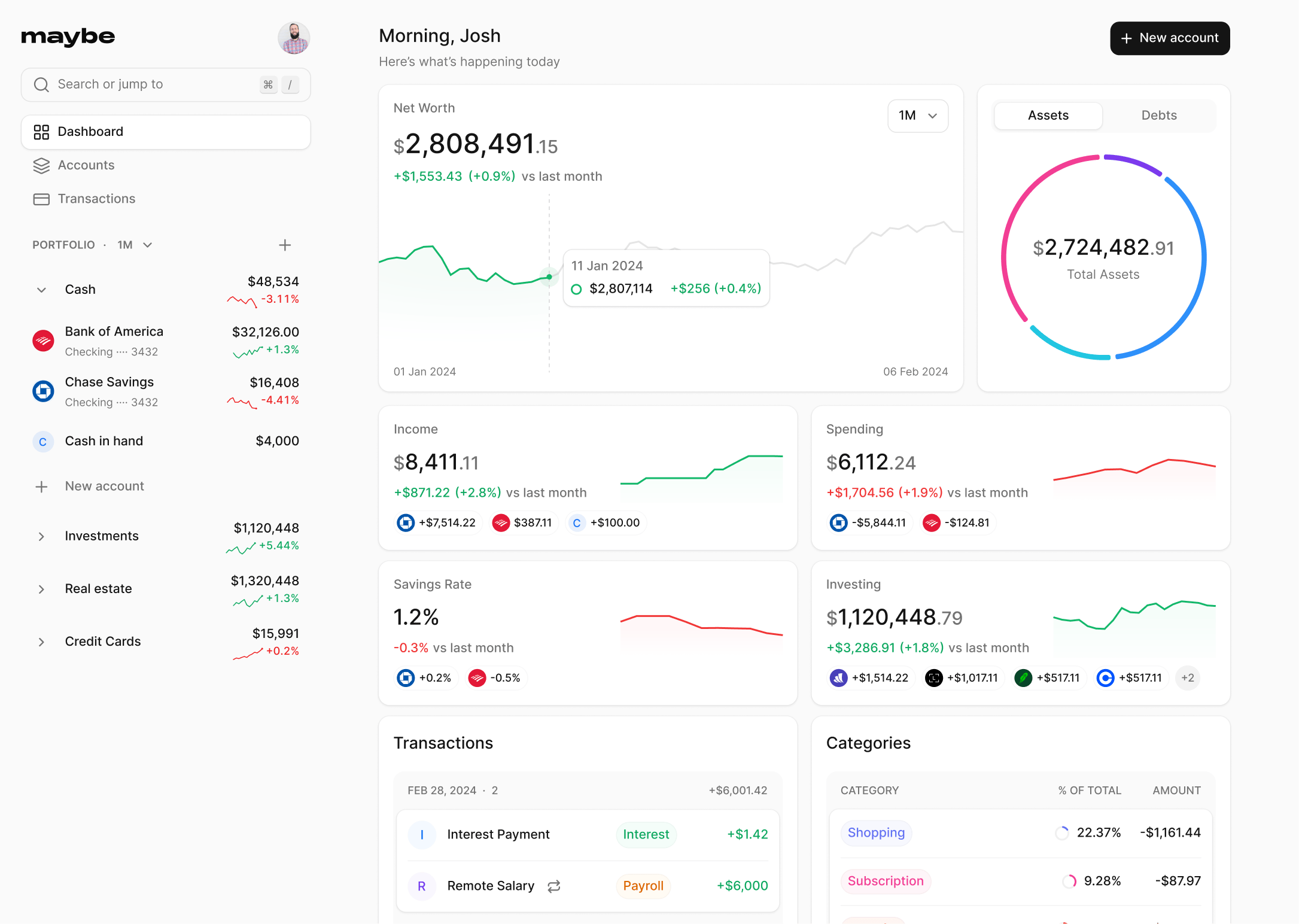Financial Terms / C - D / Chartered Financial Analyst (CFA)
Chartered Financial Analyst (CFA)
A Chartered Financial Analyst (CFA) is a professional who has completed the CFA® Program by the CFA Institute to denote that the individual has achieved proficiency and competence in investment tools, valuing assets, portfolio management, and wealth planning.
Discover more financial terms
Join the Maybe  waitlist
waitlist
Join the waitlist to get notified when a hosted version of the app is available.
